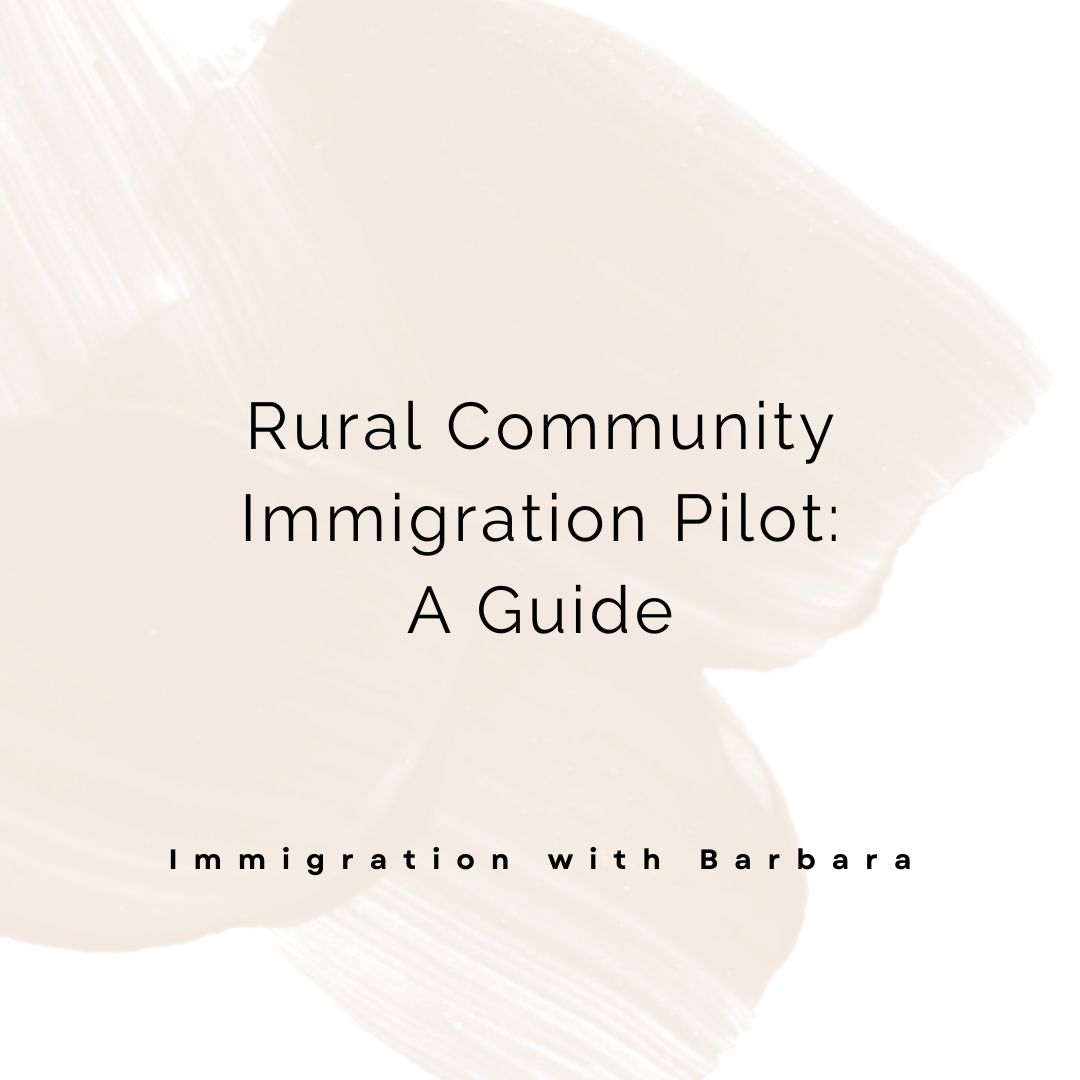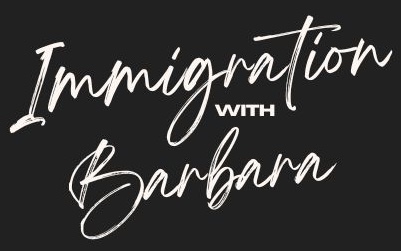Canada’s Rural Community Immigration Pilot: Your Pathway to Permanent Residency
Are you dreaming of a peaceful life in one of Canada’s charming rural communities? The Rural Community Immigration Pilot (RCIP) might be your golden ticket! This community-driven program requires a job offer in a designated community in Canada, a language test, proof of funds, and proof of education. For anyone keen for the Hallmark movie-level romantic town, the RCIP is sure to deliver. Let’s dive into what the RCIP is all about and how you can embark on this exciting journey.
What is the Rural Community Immigration Pilot?
Launched to address labor shortages and stimulate economic development in rural areas, the RCIP connects foreign workers with participating communities that have specific employment needs. By facilitating this match, the program ensures that both newcomers and communities thrive together.
This is a straight to PR program. When you qualify, you can immediately submit a permanent residence application.
Participating Communities
As of February 2025, fourteen communities across Canada are part of the RCIP:
-
- Pictou County, Nova Scotia
-
- North Bay, Ontario
-
- Sudbury, Ontario
-
- Timmins, Ontario
-
- Sault Ste. Marie, Ontario
-
- Thunder Bay, Ontario
-
- Steinbach, Manitoba
-
- Altona/Rhineland, Manitoba
-
- Brandon, Manitoba
-
- Moose Jaw, Saskatchewan
-
- Claresholm, Alberta
-
- West Kootenay, British Columbia
-
- North Okanagan Shuswap, British Columbia
-
- Peace Liard, British Columbia
Each of these communities has demonstrated the capacity to support and benefit from skilled immigrants, making them ideal destinations for newcomers.
Why Consider the RCIP?
Canada’s major cities often overshadow the hidden gems found in its rural landscapes. The RCIP shines a light on these areas, offering several advantages:
-
- Community Integration: Smaller communities provide a close-knit environment, fostering a sense of belonging and support.
-
- Employment Opportunities: With specific labor shortages, your skills are in high demand, increasing job security and satisfaction.
-
- Quality of Life: Enjoy a balanced lifestyle with affordable living, natural beauty, and a peaceful atmosphere.
Eligibility Criteria
To embark on this journey, you’ll need to meet certain requirements:
1. Job Offer
Secure a genuine job offer from a designated employer in one of the participating communities. This ensures that your skills align with the community’s needs.
2. Work Experience
Accumulate at least one year of continuous full-time work experience (or equivalent part-time) in the past three years. This experience should match the duties outlined in the National Occupational Classification (NOC) for your intended position.
3. Education
Hold a Canadian high school diploma or an equivalent foreign credential. An Educational Credential Assessment (ECA) may be required to verify your foreign education.
4. Language Proficiency
Demonstrate proficiency in English or French by achieving the minimum required scores in approved language tests. This ensures you can effectively integrate and contribute to the community.
The score you need to reach will depend on the skill level of your job offer.
5. Settlement Funds
Show that you have sufficient funds to support yourself and your family during the transition to your new community. This financial stability is crucial for a smooth settlement process.
Application Process
Navigating the RCIP involves several key steps:
1. Research and Choose a Community
Explore the participating communities to find the one that best aligns with your skills, career goals, and lifestyle preferences. Each community has its own unique charm and opportunities.
2. Secure a Job Offer
Apply for positions with designated employers in your chosen community. Networking and reaching out directly can enhance your chances of securing employment.
3. Obtain a Community Recommendation
Once you have a job offer, apply for a recommendation from the community. This endorsement is a testament to the community’s support for your application.
4. Apply for Permanent Residence
With a community recommendation in hand, submit your application for permanent residence to Immigration, Refugees, and Citizenship Canada (IRCC). Ensure all required documents and forms are accurately completed to avoid delays.
Transitioning to Your New Home
After submitting your PR application, you may apply for a work permit to begin working in your offered role. You can start to build a sense of community in your new Canadian home:
-
- Pre-Arrival Services: Many communities offer resources to help you understand local customs, employment expectations, and settlement services.
-
- Community Support: Engage with local organizations and groups to build connections and integrate smoothly into your new environment.
-
- Continuous Learning: Take advantage of language classes and professional development opportunities to enhance your skills and community involvement.
To sum it all up…
The Rural Community Immigration Pilot opens doors to a fulfilling life in Canada’s picturesque rural communities. By addressing specific labor needs, the RCIP ensures that both newcomers and host communities flourish together. If you’re seeking a unique opportunity to make a meaningful impact, the RCIP might be the perfect pathway for you.
Need more support?
Immigration with Barbara is proud to support newcomers eager to settle in rural communities in Canada. Book a consultation today to learn how to qualify and apply.



